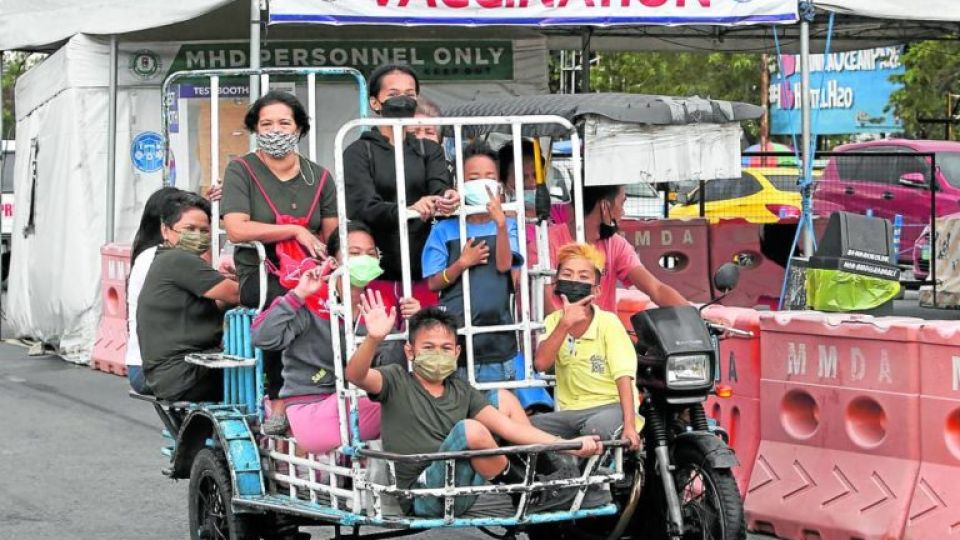January 4, 2022
MANILA, Philippines — There may be justifiable reasons for imposing restrictions on individuals who have not been vaccinated against COVID-19, but they must not be denied access to essential government services, the Commission on Human Rights (CHR) said in a statement issued on Monday.
“There are valid justifications in restricting rights, including freedom of movement, especially during national emergencies, such as the present pandemic. The [CHR], however, continues to stress that such policies much be based on human rights standards — that, among others, it must be legal, necessary, proportional, and non-discriminatory as detailed under the Siracusa Principles,” Jacqueline de Guia, the CHR spokesperson, said.
The Siracusa Principles are a set of guidelines, published in 1984 by the United Nations Commission on Human Rights, that seek to ensure that limitations on civic rights, particularly those stated on the International Covenant on Civil and Political Rights, are legal and based on evidence that such measures are needed.
“Despite the restrictions, unvaccinated individuals must also continue to be allowed to access essential services. Similar policies must contemplate valid exemptions as well, such as religious and valid medical grounds,” De Guia added.
The CHR issued the statement after Chairman Benhur Abalos of the Metropolitan Manila Development Authority (MMDA) announced that mayors of the National Capital Region had agreed to impose stricter measures on persons who remain unvaccinated against COVID-19.
One such measure requires unvaccinated persons to remain at home at all times under Alert Level 3, except when they have to buy goods or avail of government services.
Metro Manila is currently under Alert Level 3 until January 15 due to the sharp uptick in COVID-19 cases after the holiday season.
Despite its call for a rights-based approach, the CHR also underscored the importance of getting vaccinated, for the safety not only of the family of an individual but also the community.
“On this note, we continue to encourage and emphasize the importance of getting vaccinated against COVID-19 as a step to restore full enjoyment of our rights, most especially the protection of our right to health,” De Guia said.
“While we remind that it is the government’s obligation to respect, protect, and fulfilL our human rights, individually, we also have to do our part in promoting the common good, including collectively ending the pandemic,” she added.
As of Monday, the active COVID-19 infections nationwide continued to increase, with the Department of Health recording 4,084 new infections, bringing the total to 24,992.
The increase came after a relatively low number of daily cases was recorded before the holidays — ranging from 300 to 500 with the active case count down to below 10,000.
However, after the holidays, more people were confirmed infected, with some experts believing that it might have been caused by the COVID-19 Omicron variant, which is believed to be more infectious than the Delta variant.
The Delta variant was responsible for the surge in the Philippines from August to September 2021.
On New Year’s Day, DOH said that there was a high possibility of local transmissions of the Omicron variant, although it maintained that the country was now more ready to face the Omicron variant after gaining experience from previous surges.
Earlier, Cabinet Secretary Karlo Nograles, who is the acting presidential spokesperson, said that the Inter-Agency Task Force for the Management of Emerging Infectious Diseases (IATF) will reassess the Alert Level 3 raised in light of increasing vaccination rates.


